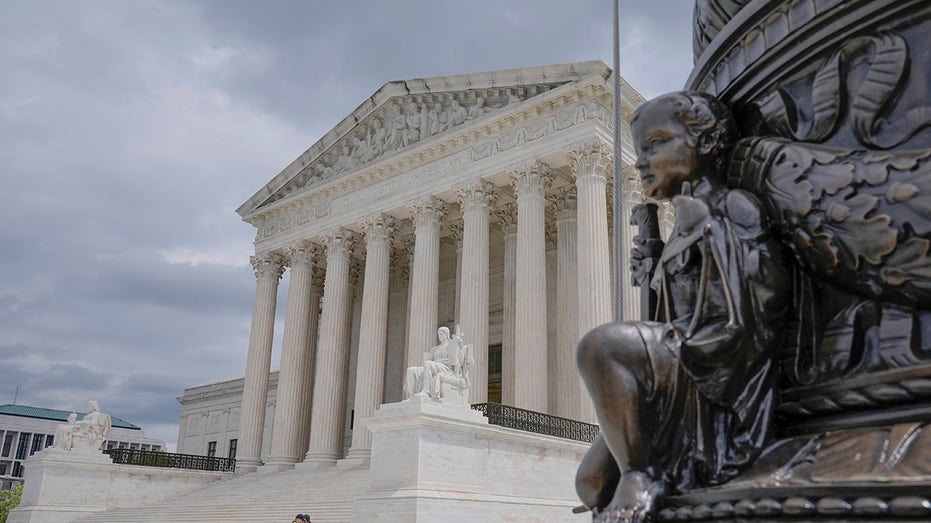
Tennessee Attorney General Jonathan Skrmetti and Dr. Jared Ross share their takeaways from oral arguments in a Supreme Court case over transgender treatment.
Tennessee Attorney General Jonathan Skrmetti said he’s feeling “really good” about the arguments delivered Wednesday before the Supreme Court in a case over transgender treatment.
The historic case, United States v. Skrmetti, questions whether a Tennessee law passed last year violates the Equal Protection Clause of the 14th Amendment.
Tennessee Senate Bill 1 (SB1) prohibits all medical treatments intended to allow “a minor to identify with, or live as, a purported identity inconsistent with the minor’s sex” or to treat “purported discomfort or distress from a discordance between the minor’s sex and asserted identity.”
“We felt great about putting on a strong case for Tennessee’s law. It is an evidence-based law. It is a bipartisan supermajority of the Tennessee legislature that adopted this,” said Skrmetti Wednesday on “The Ingraham Angle.”
Dr. Jared Ross, a senior fellow at the Do No Harm medical advocacy group, argued there’s no consensus about allowing minors to use hormone therapy and puberty blockers or undergo gender surgery.
COURT UPHOLDS RED STATE’S BAN ON TRANS SURGERIES, TREATMENTS FOR MINORS
“There’s not a consensus domestically as we see groups like the American Society of Plastic Surgeons speaking out against these practices. And there’s not a consensus internationally,” Ross said on “The Ingraham Angle.” “We’ve seen the U.K. walk back on this and ban it. Finland, Sweden [and] Belgium as well. So there’s no consensus here.”
“In some cases, it’s the parents that are motivating this. In some cases, the parents are being misled by the medical establishment. They have children that have underlying mental health co-morbidities, anxiety, depression, autism. And they’re being told that if they simply transition their child, that everything will be fine. And we know from the data that that’s clearly not the case, that these kids continue to struggle and their struggles get worse,” he continued.
United States v. Skrmetti was brought by three transgender youths, their families and a Memphis physician who contend the Tennessee ban on hormone therapy, puberty blockers and gender surgery amounts to sex-based discrimination, thereby violating the Equal Protection Clause of the 14th Amendment.
Lucas Cameron-Vaughn, a staff attorney at the ACLU of Tennessee, said in a press release that the Supreme Court has the opportunity to “affirm the essential freedom and equality of all people before the law — including trans youth and their families.”
“Every day this law inflicts further pain, injustice, and discrimination on families in Tennessee and prevents them from receiving the medical care they need,” he continued. “We ask the Supreme Court to commit to upholding the promises of the U.S. Constitution for all people by putting an end to Tennessee’s state-sanctioned discrimination against trans youth and their families.”



